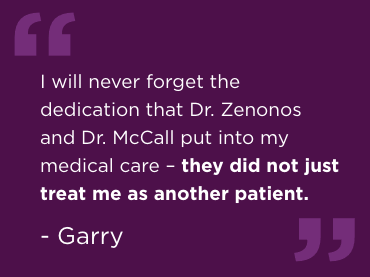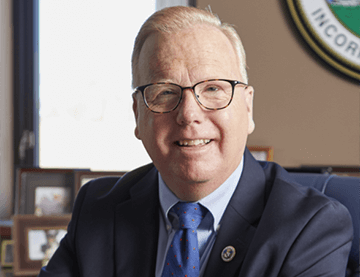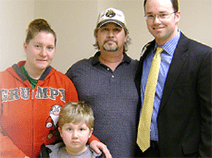
After experiencing vision loss, Veronica D. discovered she had a benign brain tumor pressing on her optic nerves and underwent a successful minimally invasive surgery at UPMC to remove it. With the support of expert care, her community, and her family, she has made a remarkable recovery and regained much of her sight.























